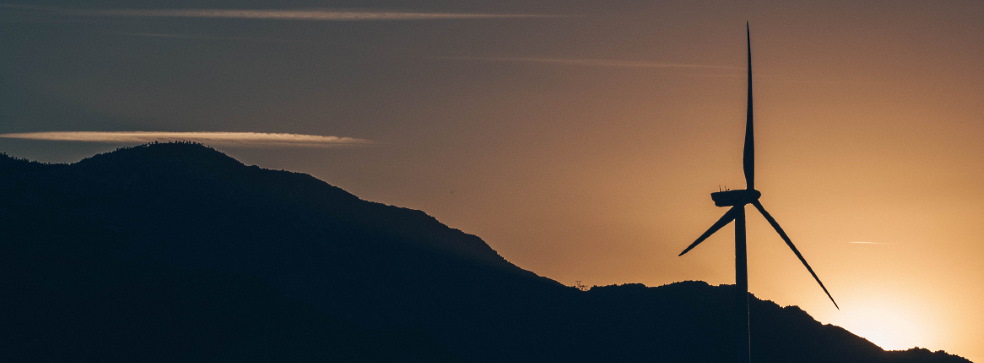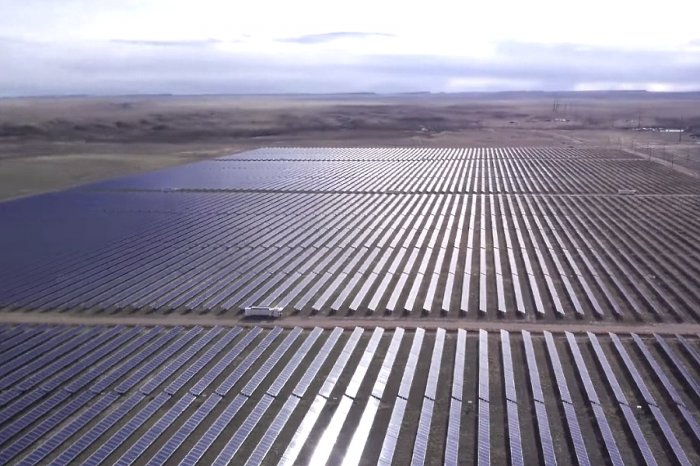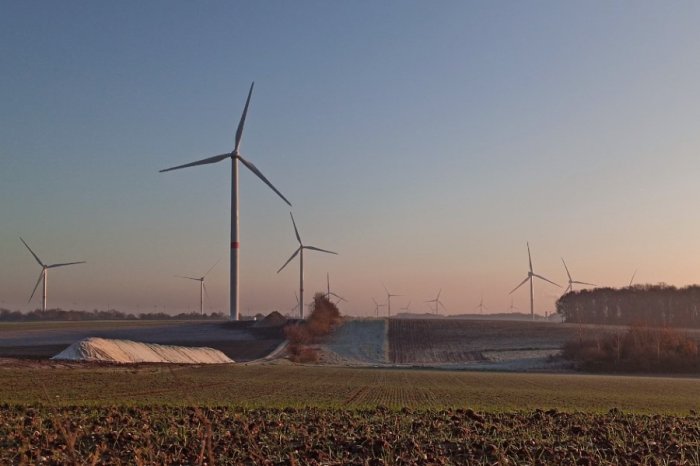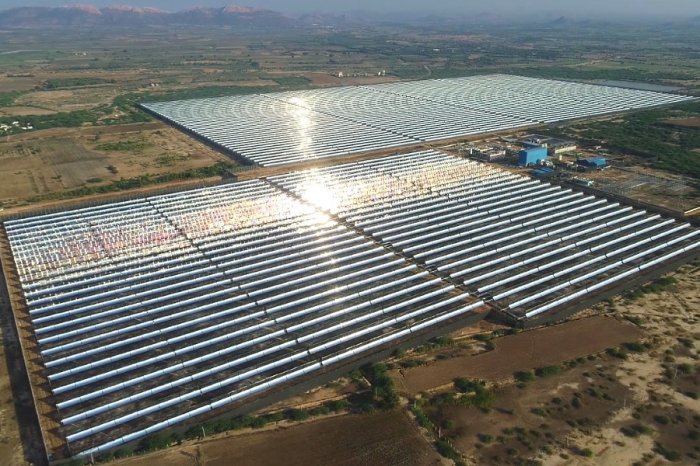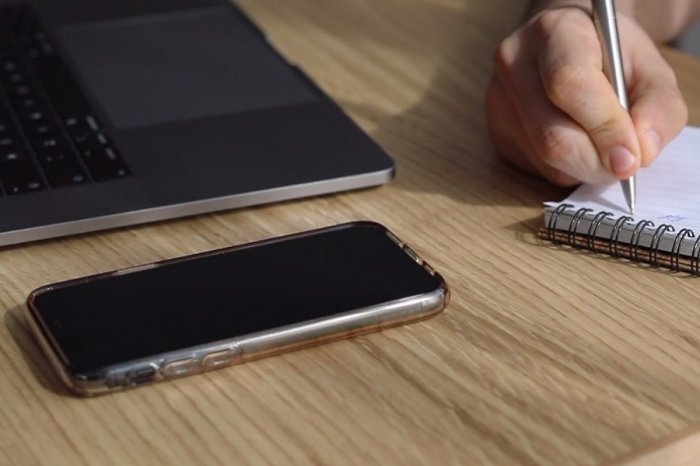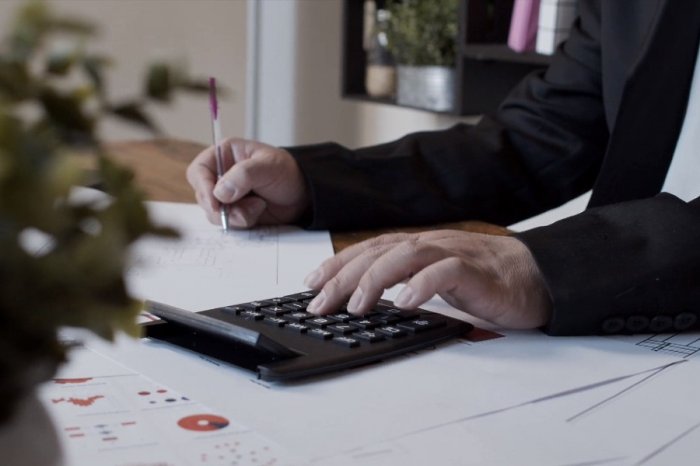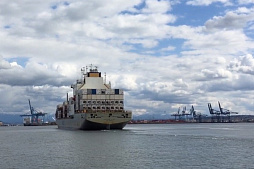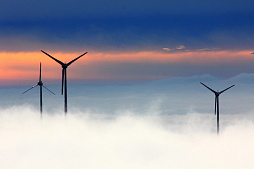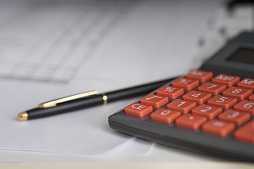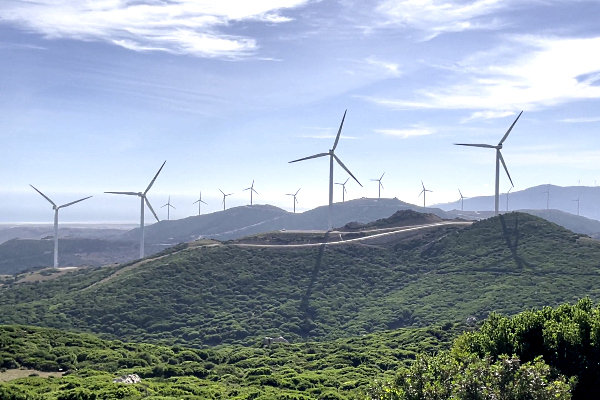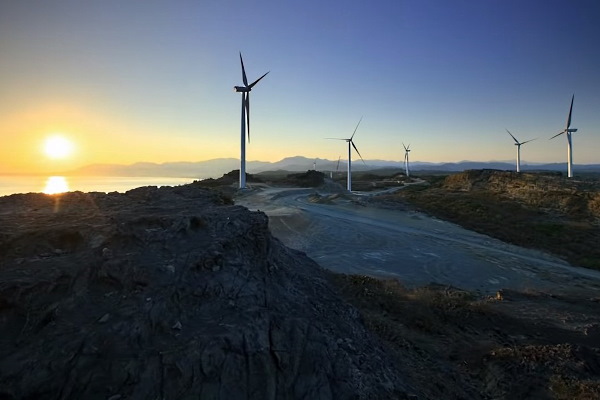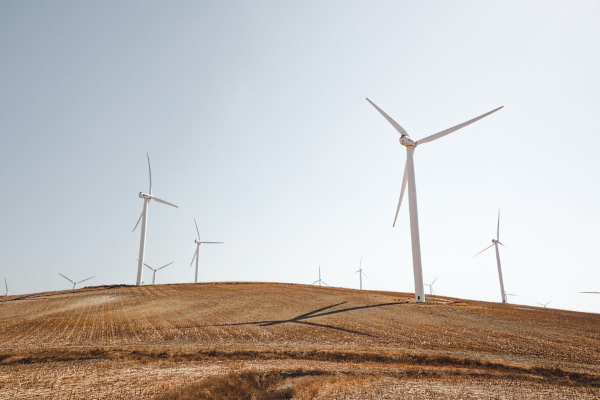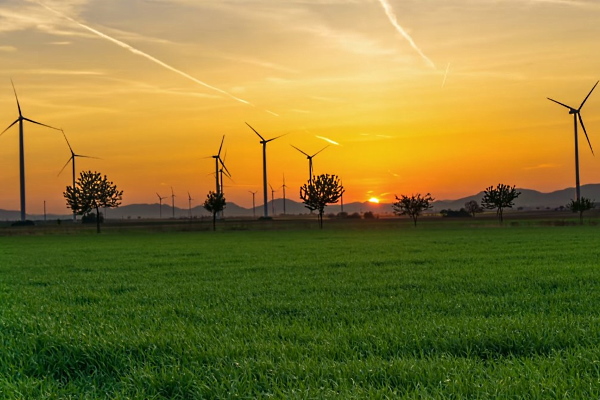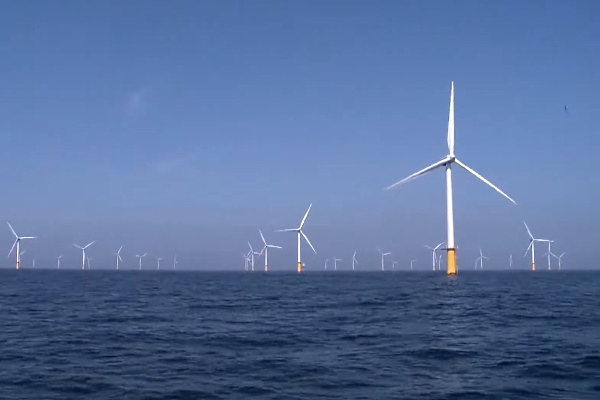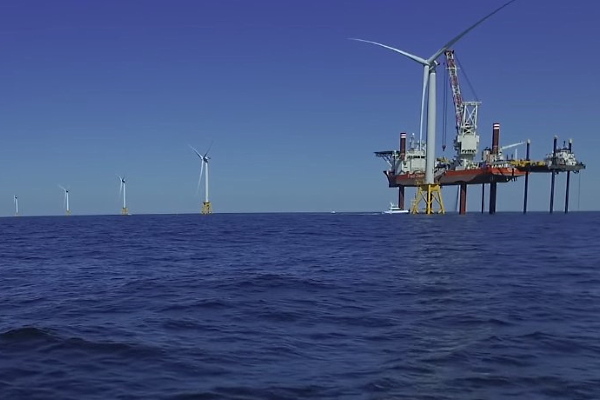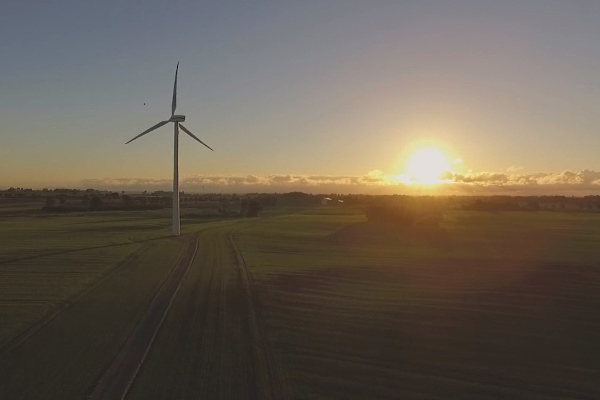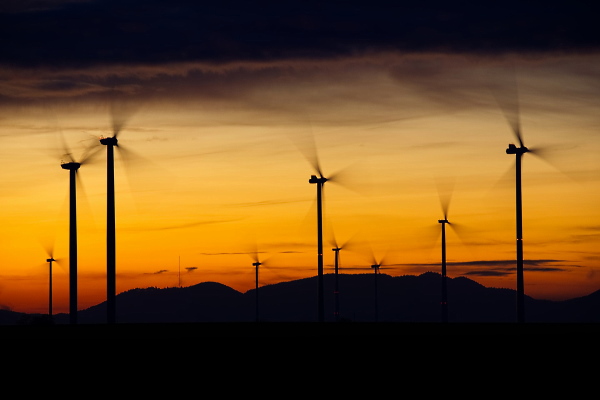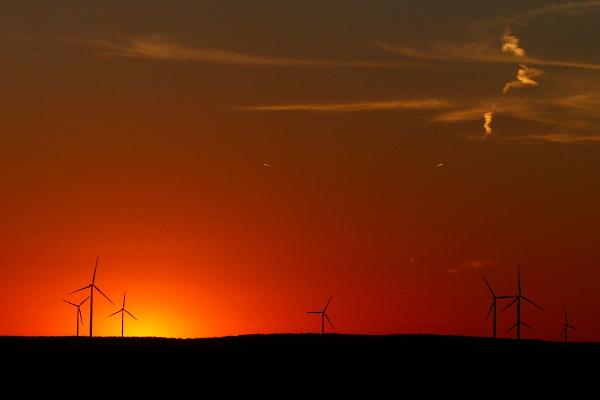To consider an application for financing, fill out the form and send it to us by e-mail along with the project brief, or contact our experts
However, the Kingdom is poised to start producing wind power soon in order to use renewable energy sources and reduce local demand for fossil fuels.
A large 400 MW wind farm will be built in the city of Dumat al-Janda in northwestern Arabia, a region where state-owned Saudi Aramco installed a single wind turbine in 2017.
Through the development of the wind energy sector, Saudi Arabia seeks to reduce the local economy's dependence on oil. In the next few years, multi-billion dollar investments are planned in renewable energy facilities and factories for the production of components for solar and wind power plants.
The country wants to use more natural gas and renewable energy sources to save hundreds of thousands of barrels of oil that are burned every day to generate electricity.
Our team, with its many years of experience in energy finance and advanced European technologies, could offer great opportunities to Saudi companies.
Our advantages can be appreciated by large customers throughout the Middle East and North Africa, where high-tech solar and wind projects are being implemented.
Development of renewable energy in Saudi Arabia
The Kingdom is actively working to build a sustainable renewable energy sector and improve its energy security.This will include finding a balanced mix of fossil and alternative energy sources, given Saudi Arabia's vast hydrocarbon reserves.
Saudi Arabia's National Renewable Energy Program (NREP) is stimulating investor interest given that the country intends to install 9.5 GW of renewable energy capacity by 2023, including 3.5 GW of solar PV capacity and 1.2 GW of wind capacity for the first stage of the program.
The Kingdom of Saudi Arabia has developed an energy strategy aimed at significantly increasing the share of renewable energy sources in its energy balance to 10% by 2023.
Last year, Saudi Arabia's renewable energy targets have become much more ambitious to try to integrate more alternative energy sources as part of the KSA Vision 2030 National Transformation Program.
The Kingdom plans to install 40 GW of solar PV capacity by 2030, as well as 3 GW of solar thermal capacity and 17 GW of wind capacity.
The Public Investment Fund (PIF) and its partners will develop 70% of the total renewable energy capacity to accelerate the localization of production, while the Department of Energy will announce tenders for the remaining 30%.
The construction of wind farms in Saudi Arabia is a relatively new trend, which is of great importance for the sustainable development of the local economy.
Saudi Arabia, which burns about 700,000 barrels of oil a day for electricity in the hottest months of May through August, recently raised gasoline and electricity prices for its citizens in an attempt to limit domestic oil use so more can be exported.
Just a year after these reforms, the government noticed a growing public interest in energy efficiency and a clear change in behavior. As a result, the demand for gasoline fell by 8% in 2018 compared to 2017, and the demand for electricity also decreased. Efforts to improve the energy efficiency of the Saudi economy, coupled with changes in energy prices, will reduce local energy consumption by 1.5-2 million barrels of oil equivalent per day by 2030.
The Kingdom's plans to reduce emissions are not limited to renewable energy sources. In the coming years, ACWA Power, Air Products and the Saudi Arabia Smart City Initiative NEOM will build a green hydrogen plant in northwest Arabia, where NEOM is developing an innovation city.
he project will require an investment of $ 5.1 billion.
Our company expands its presence in Saudi Arabia: EPC project management
In early 2020, the EDF Renewables and Masdar signed a contract with our partners to build a 415 MW wind farm in Dumat Al Jandal, 900 km north of Riyadh.It is the first commercial wind energy project in the country and the largest of its kind in the Middle East.
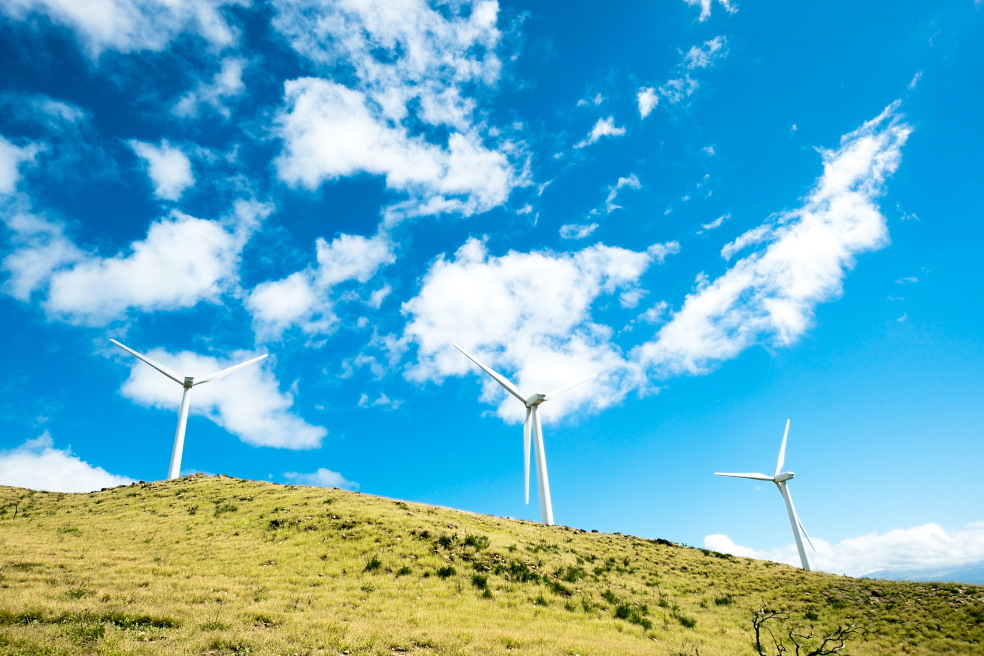
The new wind farm is designed for the REPDO (Renewable Energy Project Development Office) owned by the Ministry of Energy, Industry and Mineral Resources of Saudi Arabia. It is part of the National Renewable Energy Program.
In the summer of 2019, a consortium formed by French EDF Renewables and Saudi Arabia's Abu Dhabi Future Energy Company, better known as Masdar, offered the lowest price for wind power at $ 21.30 / MWh. Previously, a 20-year Power Procurement Agreement (PPA) was signed with the Saudi Power Procurement Company, a subsidiary of the Saudi Electricity Company (SEC).
The world-renowned manufacturer Vestas has been selected as the turbine supplier and will supply 99 V150 wind turbines with a capacity of 4.2 megawatts each.
When commissioned, the Dumat Al Jandal wind farm is expected to supply 70,000 homes with green energy and create over 1,000 jobs during construction and operation.
Construction of a wind farm under an EPC contract: benefits for the customer
The implementation of large investment projects in Saudi Arabia is usually based on contract models developed by the International Federation of Consulting Engineers (FIDIC).These models are trusted not only by customers and executors of energy projects, but also by other stakeholders, including international financial organizations.
Due to the long history of application, clarity and excellent reputation, the EPC contract increases the chances of attracting project financing and increases the investment attractiveness of the project.
Practical application of EPC contracts in the wind energy sector
The construction of wind farms requires the involvement of many partners, including manufacturers and suppliers of turbines and electrical equipment, specialized construction companies and other subcontractors.The implementation of such projects in the extreme climatic conditions of Saudi Arabia requires the use of advanced technological solutions and professional experience of international EPC contractors.
There are different forms of FIDIC contracts, which are divided into books: Red, Yellow, Green, Silver, etc., depending on the functions of the contractor, the needs of the project and the principle of interaction between stakeholders.
The standard FIDIC models address in great detail the vast majority of issues that may arise in the process of engineering design and construction of a wind farm. These documents are simple and do not require the conclusion of separate contracts, but if necessary, these standard models can be easily adapted to the needs of a particular energy project.
EPC contracts are convenient for customers thanks to the contractor's turnkey responsibility.
The EPC is based on the principle of engineering, supply of equipment and materials and construction by one company (general contractor). The general wind energy contractor is obliged to build the ready-to-operate facility and transfer it to the customer.
This is a complete chain of professional services with a predetermined result that satisfies the customer and investors.
What to look for when signing an EPC contract?
Despite the fact that the abbreviation EPC has long been familiar to participants in the energy market of Saudi Arabia, customers do not always know what to expect from the conclusion of such contracts.There are several key points that need to be considered when concluding an EPC contract to increase the investment attractiveness of the project.
When concluding an EPC contract, it is critical to specify in the contract the entire scope of work that the contractor is required to perform.
This document is very complex, and it often happens that its various parts contain seemingly insignificant contradictions or inaccuracies. As a result, it often turns out that the contractor significantly simplifies his life by shifting the execution of some expensive work to the customer. At the same time, the cost of the contract remains unchanged.
In addition, the results of all work must strictly comply with generally accepted technical rules and the legislation of Saudi Arabia.
Otherwise, the facility may not pass inspection by authorities.
It is also very important that the obligations of the parties are clearly defined in the EPC contracts. During the practical implementation of the project, disagreements arise between the parties.
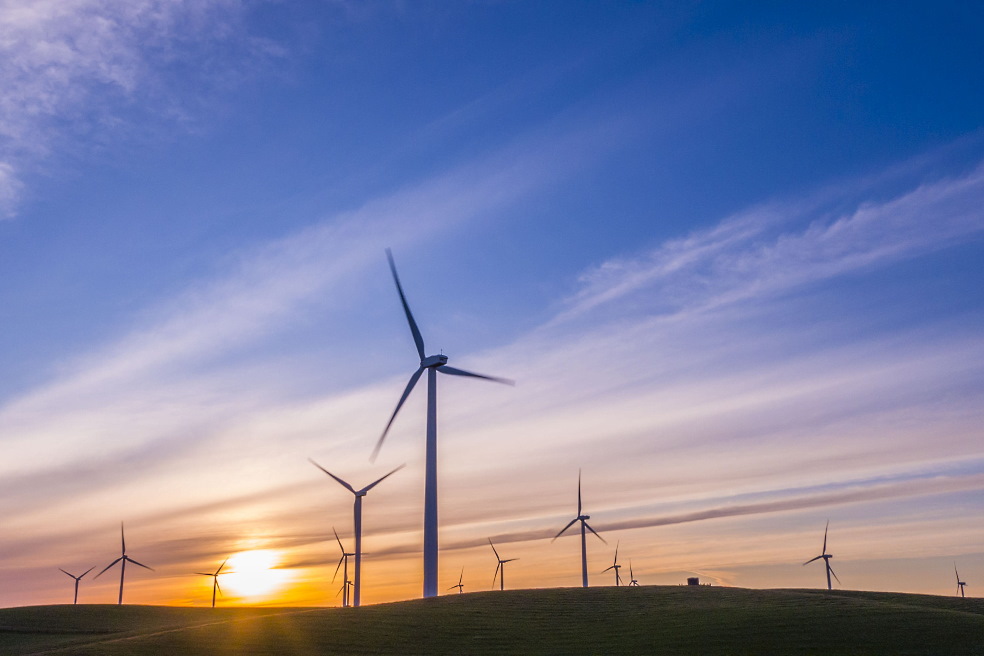
There are many nuances in the supply and certification of imported equipment. As practice shows, insufficient coordination of this particular issue is often the reason for the failure to meet the deadlines for the construction of wind power plants under the EPC contract.
Such an issue as quality control of work also requires close attention. All these and many other issues must be settled before signing the contract to ensure the safety of investments.
Choosing general EPC contractor in Saudi Arabia
Choosing a reliable general EPC contractor is the most difficult issue for the customer to decide before the implementation of a wind power project.How to identify a responsible partner?
What kind of work is he able to do?
You to develop a project, purchase suitable equipment, complete the full scope of construction and installation work.
You need to know where to look.
A good general contractor is not the one with the largest advertising budget.
The history of the company's activity and the reviews of customers who previously used the services will tell a lot.
After talking with several clients, you will find out much more valuable and relevant information about the contractor than from advertising publications on the Internet. It is important to pay attention to the experience of the company, the main activity and licenses.
Analysis of technical and material resources will indicate potential cooperation opportunities. Unfortunately, even the presence of a large number of certificates does not guarantee the availability of offices, the necessary equipment, technology, a sufficient number of personnel. Therefore, it is important to obtain complete information on potential EPC contractors (bidders).
When choosing a wind energy contractor, consider not only numbers.
Combine data with facts.
Consider the time the company has been on the market, the availability and duration of licenses, financial performance over the past few years, and reviews from real customers.
LBFL is your reliable wind energy partner in Saudi Arabia
LBFL offers long-term financing and loans for the renewable energy sector in Saudi Arabia and other countries in the Middle East.Our experts and partners help customers develop the most advanced onshore and offshore wind farms.
We comprehensively assess potential investments and provide Saudi investors with a full range of financial and advisory services in the planning and implementation of wind energy projects.
The list of services includes:
• Feasibility study and project finance.
• Finding a construction site for a wind farm.
• Preparation of a complete package of technical documentation.
• Purchase and delivery of wind turbines and other equipment.
• Full range of construction and installation work.
• Environmental and licensing support.
We and our partners cooperate with leading scientific organizations, financial institutions and equipment suppliers, offering our clients the best solutions for each project.
If you need an integrated approach to financing, design and construction of wind farms in Saudi Arabia, our team is ready to provide expert support.



